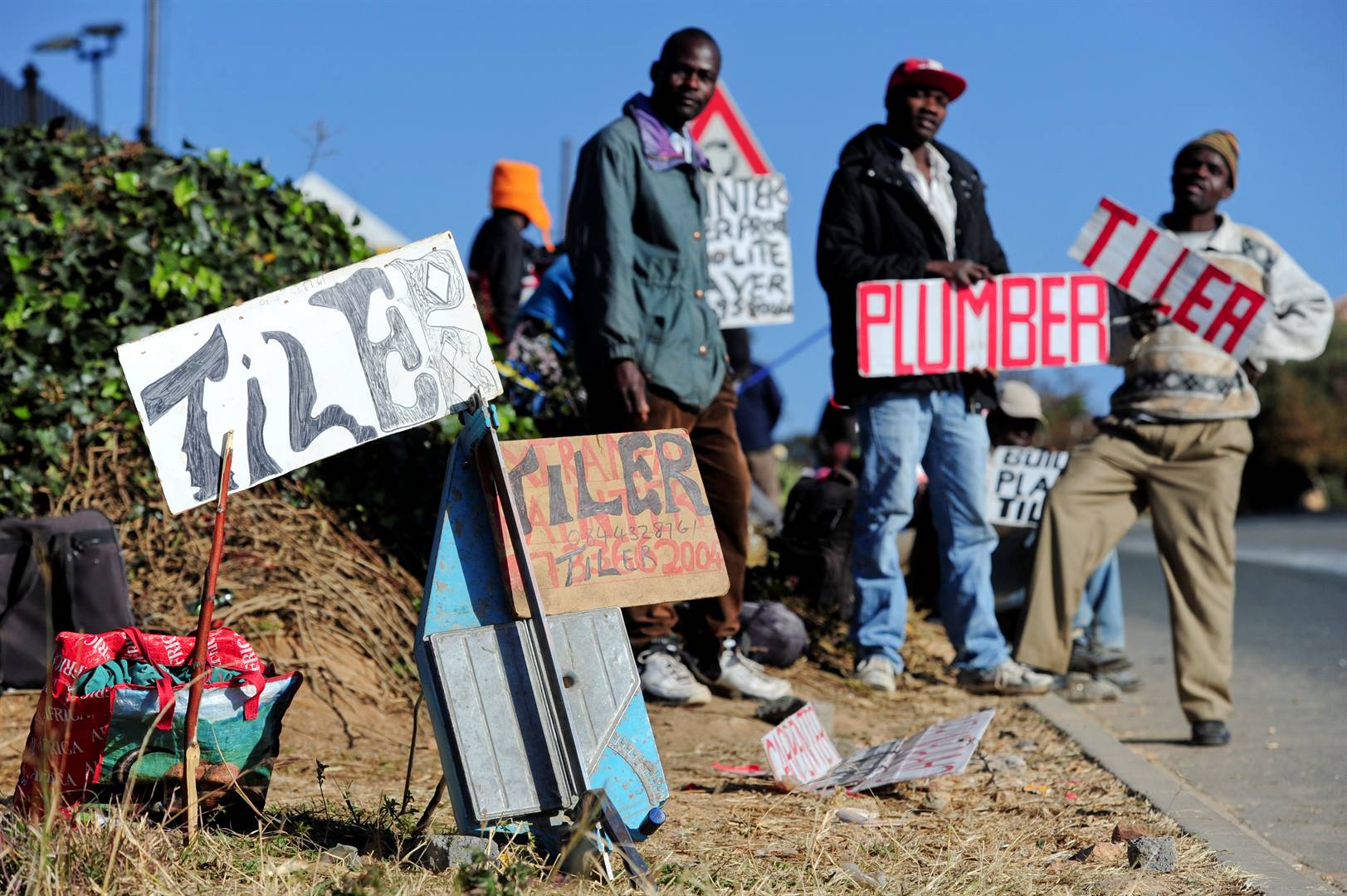
The middle class is critical as it will help fuel Ramaphosa’s vision for a better SA, argues Jason Musyoka.
The national conversation about job creation and poverty reduction has always been noisy, given the differing perspectives on how exactly these two can or should be balanced.
During the early 2000s when South Africa’s economy was booming with above 3% growth, the left argued that the boom was pro-market, in the sense that it did not generate sufficient jobs for the unemployed.
Critics of President Cyril Ramaphosa’s latest state of the nation address suggest his dream of speed trains and new cities is nothing more than a vision for the rich, when the daily realities of most South Africans are basic needs and enduring hunger, poverty and unemployment.
The president did not help himself much by employing the word “dream”, which term opposition parties easily hinged all their criticism on.
But we perhaps need to examine the complex realities of this society. We should by all means attend to basic needs, as a critical priority in a society where one-third of the population is unemployed, and more than half of the population cannot meet their daily basics.
But the linear basic needs approach can (and has) easily become a fire fighting mission in the last decade or so. The basic needs approach holds that the realities of the poor is all there in South Africa.
The post-1994 government quickly discovered that no matter how many poor citizens there were in the aftermath of the brutal apartheid regime, equally important was the drive to growth.
Thus, the Reconstruction and Development Programme, which was more redistributive than growth focused, could only redistribute if wealth was continually being created and reproduced.
Most citizens are becoming impatient with lack of enough jobs, and lack of basic services. But any national economy, let alone a dynamic one such as South Africa’s, is not a speedboat, it works more like an aircraft. It takes time to turn.
It would have been easier for government to press for economic development, or to hand out jobs like campaign T-shirts to the unemployed.
In such complex and competing spaces, any dream that produces growth should not be dismissed as utopia.
Growth initiatives like the president’s dream are medium to long term but they are growth-focused, and ultimately they have the potential to build a more sustainable society, balancing between growth and development.
Critics would argue that there is enough wealth for all of us in South Africa, and therefore all we need to do is to redistribute it. Those who hold this form of redistributive fundamentalism dismiss realities such as the following:
. First on mineral resources. The known coal reserves can only last us up to about three generations (about 110 years), while the known gold reserves will deplete in just one generation (just under 40 years). Further, the mining sector alone is predicted to shed more than 100 000 jobs due to Eskom’s increasing tariffs.
. Second, if our hope is agriculture, the International Labour Organisation’s report this month suggests the sector will lose more than 80 million jobs in a decade, due to climate change – and Africa will be adversely affected.
. Third, due to technology advancement, blue chip companies such as MultiChoice and Standard Bank are downsizing, and in the process will shed thousands of employees.
All the above means that if we do not fast-track growth, we will soon not have enough resources to deliver basic services or pay out social grants, both of which are redistributive mechanisms.
The middle class is critical in generating such desperately needed growth. Policy actions which focus exclusively on the emancipation of the poor and the working class can sometimes trip themselves, by creating a slippery path for middle classes, leading to downward mobility.
So interventions which seek to improve the living and working conditions of the poor and the working class, without undermining or neglecting the middle class, are likely to succeed in creating a sustainable economy.
Most municipalities have tended to spend their budgets “firefighting” and fending off the surge of discontent from the poor and the working class, with less regard to the plight of the middle class living in the same space.
South Africa is a dangerously unequal society but unlike most African societies, it is not categorised among the poorest societies on Earth.
It rather falls under the middle income category. But development policy in South Africa has tended to emulate poor countries, of which most of which have very little or no middle class to sustain.
Ramaphosa’s dream should be seen in the light of generating growth through an expanding middle class, while at the same time tackling the harsh realities experienced by the poor masses and the working class.
South Africa’s development is not a choice between the poor and the middle classes – development policy will have to choose both.
Musyoka is an associate researcher at the University of Pretoria’s Centre for the Advancement of Scholarship




 Publications
Publications
 Partners
Partners








